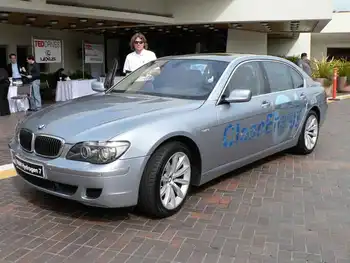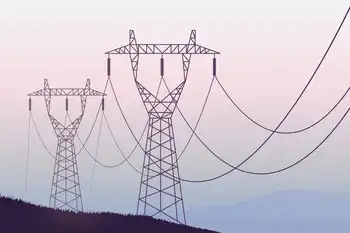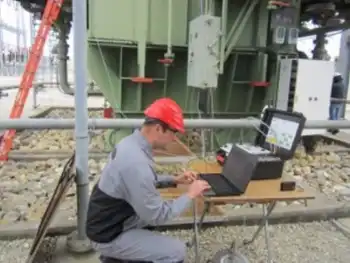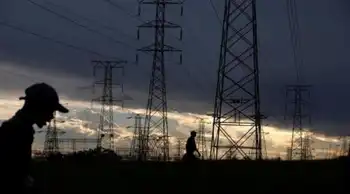Report endorses clean-energy economy for Midwest
By Associated Press
Substation Relay Protection Training
Our customized live online or in‑person group training can be delivered to your staff at your location.

- Live Online
- 12 hours Instructor-led
- Group Training Available
The document, prepared for a meeting of the Midwestern Governors Association in Detroit, acknowledges that the 11-state area will keep relying heavily on coal — which generates nearly three-fourths of its electricity — long into the future.
But it calls for stepped-up development of technology that captures the emission of carbon dioxide from burning coal and stores it underground instead of releasing it into the atmosphere. Carbon dioxide is a leading greenhouse gas believed to cause global warming.
The report also suggests policies that support conservation, the development of renewable sources and infrastructure to bring them to the market, and more research into advanced energy technologies. Also needed is an educated work force that can handle the jobs a clean-energy economy would create, it says.
"A transition of this magnitude cannot happen overnight," it says. "Logistical, technical, and cost obstacles persist for many promising zero and low-carbon renewable and fossil energy technologies."
It's not too soon to lay the groundwork for re-orienting the regional economy around cleaner energy, the report says. States could enact needed laws and regulations, fund research and offer incentives that make the commercial use of green technologies less financially risky.
The report makes specific recommendations to carry out broad clean-energy goals for the region the governors approved in 2007. Among those goals: Thirty percent of the electricity consumed in the region should come from renewable sources by 2030, up from 2.4 percent in 2005.
The governors appointed three advisory panels to develop the paper, with representatives of industry, agriculture, labor, environmental groups and government agencies.
Their proposal seeks a middle ground between the ideals sought by competing interests, said Emily Marthaler, a spokeswoman for the governors association.
"It is a comprehensive approach that capitalizes on the strengths of the Midwest," Marthaler said. "Instead of flashy kinds of extremes, it has workable solutions that are in keeping with the practical character of our region."
Another reason for the pragmatic approach is the diversity of the Midwest, which has stark geographic, economic and political differences. It includes industrial Great Lakes states such as Michigan and Ohio as well as landlocked farming centers in Kansas and the Dakotas.
"For us, that is the biggest challenge," said Jesse Heier, a spokesman for the governors.
The report calls for requiring energy providers to meet specific conservation targets: 2 percent annual savings for electric utilities and 1.5 percent for natural gas producers.
"It pushes harder on energy efficiency and renewables than any other region of the country is doing," said Brad Crabtree, policy director for the Great Plains Institute, a nonprofit group that helped develop the plan.
Other recommendations include improving the electrical grid to enable the transmission of wind power over long distances from wind farms to industrial centers, and encouraging development of biofuels.
The report wisely offers a variety of solutions, said Patrick Hogan, regional policy coordinator for the Pew Center on Global Climate Change.
"It's pretty remarkable that something this comprehensive is coming out of the Midwest or anywhere else," he said. "We've been saying for a while that this is how climate change must be addressed."











